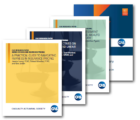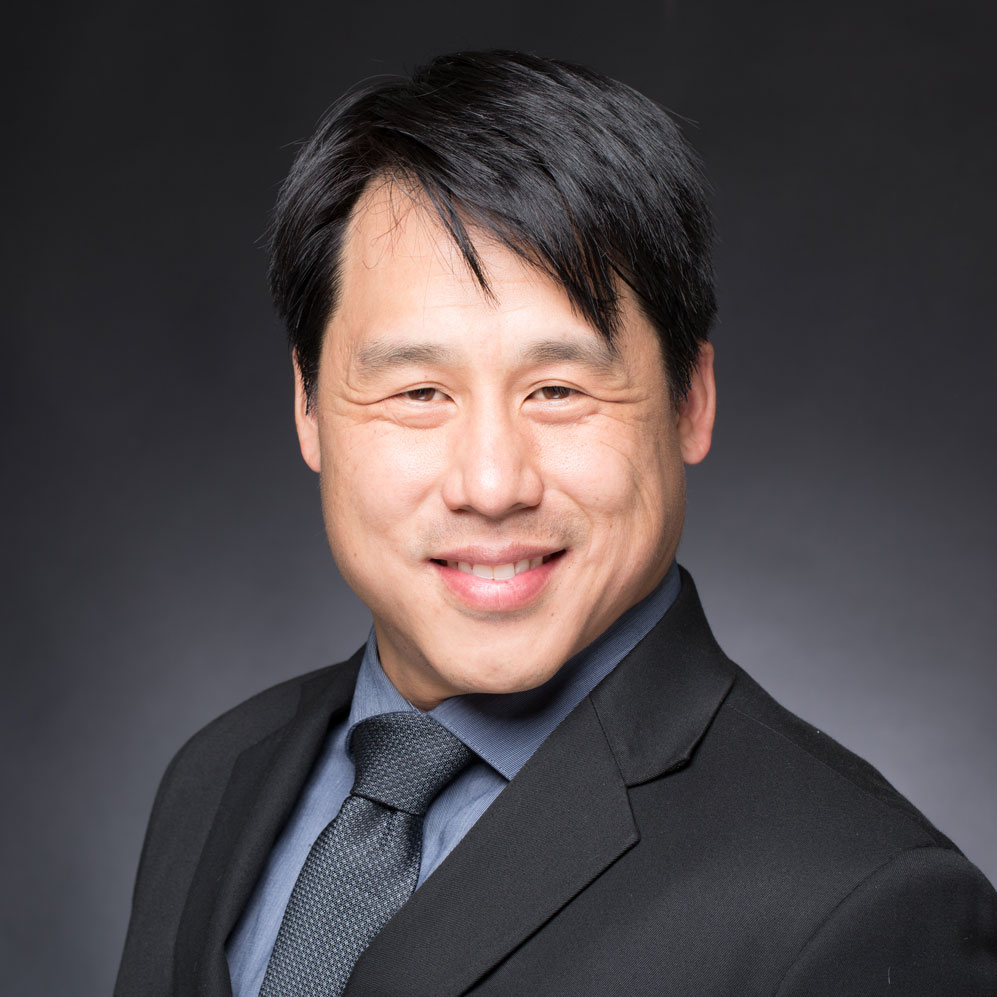Janeites esteem Jane Austen as a literary genius. She used the stream of consciousness technique before it became popular. Her characters are exquisitely drawn, and her dialogue can be wickedly funny. Her novels, all devotees know, are classics.
However, what about Austen as an actuary? She never promotes herself in this regard — in fact, she never promotes herself at all, not even putting her name on her novels — but her mathematical abilities are evident in her writing. In fact, she uses math in a way that would make most actuaries proud.
Monetary Sums, Large and Small
Austen and most of her characters are aware of the value of money, true of all actuaries. In fact, money is often a motivator for characters’ choices in her novels. The young ladies often need husbands to support them, while the unattached gentlemen are more attracted to ladies when they have significant dowries. Mr. Darcy’s income of £10,000 per annum makes him more handsome in Pride & Prejudice, while Mr. Wickham only courts Mary King after she inherits £10,000.
However, Austen’s comprehension goes far beyond large, round sums. In Mansfield Park (Chapter 31), monetary gifts to William Price are discussed by his two aunts, Mrs. Norris and Lady Bertram.
Mrs. Norris seemed as much delighted with the saving it would be to Sir Thomas as with any part of it. “Now William would be able to keep himself, which would make a vast difference to his uncle, for it was unknown how much he had cost his uncle; and, indeed, it would make some difference in her presents too. She was very glad that she had given William what she did at parting, very glad, indeed, that it had been in her power, without material inconvenience, just at that time to give him something rather considerable….”
“I am glad you gave him something considerable,” said Lady Bertram, with most unsuspicious calmness, “for I gave him only £10.”
“Indeed!” cried Mrs. Norris, reddening. “Upon my word, he must have gone off with his pockets well lined, and at no expense for his journey to London either!”
The amount of Mrs. Norris’s gift to William Price is never mentioned in Mansfield Park, but Jane Austen told her family (A Memoir of Jane Austen) that it was only one pound. Besides being a perfect contrast of the miserly Mrs. Norris versus her much more generous sister, the dialogue shows how well Austen understood the importance of relatively small sums, and how much £10 would mean to a midshipman in William Price’s position.
The Distress of Debt
Another reason for seeking a marriage settlement is to deal with debt. Several of Austen’s gentlemen (Willoughby in Sense & Sensibility and Wickham in Pride & Prejudice) marry to escape debt, making life choices that they would have preferred not to make.
However, marriage is not the only solution to debt. Austen’s last novel, Persuasion, begins with the fact that the baronet, Sir Walter Elliot, has been living beyond his means and needs to “retrench” in order to regain solvency. As Sir Walter is really bad at managing money, Austen comes up with the best method for the baronet to retrench:
“Quit Kellynch Hall.” The hint was immediately taken up by Mr. Shepherd, whose interest was involved in the reality of Sir Walter’s retrenching, and who was perfectly persuaded that nothing would be done without a change of abode. (Persuasion, Chapter 2)
This change of abode is critical to the plot of Persuasion. It’s also sound business advice, another trait found in the best actuaries.
Some readers may object that the examples given so far only prove Austen had a mercenary side and do not demonstrate her understanding of mathematics. So, let’s move on to passages involving annuities and livings. These also concern money, but the math is more challenging.

Annuities and Livings
Annuities, when provided by life insurance companies and pension funds, are fairly sure things because they have enough business so they can rely on distributions and expected values. However, if you are just one individual promising an annuity to just one other individual, you can land anywhere on a distribution. It’s like throwing a pair of dice: on average, they sum to 7, but you can roll anything from 2 to 12, and the probability of rolling something besides the mean is pretty good.
Jane Austen also understood this math. In Sense & Sensibility, she describes the dilemma a couple faces when debating whether or not to promise an annuity to Mr. John Dashwood’s widowed stepmother. Here are some remarks made by Fanny Dashwood to her husband, Mr. John Dashwood:
“… if you observe, people always live forever when there is an annuity to be paid them; and she is very stout and healthy, and hardly forty. An annuity is a very serious business; it comes over and over every year, and there is no getting rid of it. … I have known a great deal of the trouble of annuities; for my mother was clogged with the payment of three to old superannuated servants by my father’s will, and it is amazing how disagreeable she found it. … I would not pin myself down to the payment of one for all the world.” (Sense & Sensibility, Chapter 2)
Fanny Dashwood’s speech demonstrates her selfishness, but Austen has also demonstrated her sophisticated understanding of the uncertainty associated with providing an annuity.
Let’s move on to livings. A living is the salary of a clergyman, a fixed number of pounds, associated with fulfilling the duties of a particular parish. Austen, daughter and sister of several clergymen, understood the importance of livings. In Sense & Sensibility, Austen gives keen insight into the livings market, when a living for a small parish is being offered by Colonel Brandon to another. The following discussion takes place between Mr. John Dashwood and John’s half-sister, Elinor:
“Really! — Well, this is very astonishing! — no relationship! — no connection between them! — and now that livings fetch such a price! — what was the value of this?”
“About two hundred a year.”
“Very well — and for the next presentation to a living of that value — supposing the late incumbent to have been old and sickly, and likely to vacate it soon — he might have got I dare say — fourteen hundred pounds.” (Sense & Sensibility, Volume III, Chapter 41)
This shows Austen’s deep understanding of the mathematics of the livings market, as well as her talent to explain the situation clearly and to use that situation for effectively displaying the personalities of her characters.
Insistence on Accuracy
Austen’s mathematical talent is visible in many matters, such as her understanding of chance in cards and distances in journeys. Furthermore, Austen is aware that calculations and estimations must be reviewed for accuracy. The following dialogue takes place in Mansfield Park’s characters Mary Crawford and Edmund Bertram:
“I am really not tired, which I almost wonder at; for we must have walked at least a mile in this wood. Do not you think we have?”
“Not half a mile,” was his sturdy answer; for he was not yet so much in love as to measure distance, or reckon time, with feminine lawlessness. … “We have been exactly a quarter of an hour here,” said Edmund, taking out his watch. “Do you think we are walking four miles an hour?” (Mansfield Park, Chapter 9)
As the passage above is more than 200 years old, we’ll pass over the political incorrectness. Instead, let’s remember that all actuaries must insist on reasonable assumptions and accurate calculations.
Proxy Variables
My favorite display of Austen’s mathematical ability is her use of a proxy variable. In Emma, the following dialogue takes place between Mrs. Elton, the local vicar’s bride, who recently arrived from Maple Grove, and Jane Fairfax:
“I do believe,” she continued, “this is the most troublesome parish that ever was. We never heard of such things at Maple Grove.”
“Your parish there was small,” said Jane.
“Upon my word, my dear, I do not know, for I never heard the subject talked of.”
“But it is proved by the smallness of the school, which I have heard you speak of, as under the patronage of your sister and Mrs. Bragge; the only school, and not more than five-and-twenty children.” (Emma, Volume III, Chapter 16)
The number of children in the school serves as a proxy variable for the size of the parish. It is a perfect example of a proxy variable.
Family Connections
As we have seen, Austen repeatedly shows her understanding of mathematics. The case is proved, but there is additional circumstantial evidence. Mathematical talent often runs in families. Two of Jane’s brothers became admirals in the Royal Navy; one of them, Sir Francis Austen, rose to become Admiral of the Fleet. They could not have achieved these positions without mathematical talent. (Note: My own brother, Marshall Grossack, is also an actuary.)
Austen never used the term actuary, even though actuaries existed when she lived. After all, she was writing about romance in country villages and not about insurance companies. In her six finished novels, she only uses the word mathematician once. This paragraph is in Emma, after Emma has witnessed an event — Mr. Frank Churchill’s rescue of Harriet Smith from a threatening mob — which she hopes will lead to romance:
Could a linguist, could a grammarian, could even a mathematician have seen what she did, have witnessed their appearance together, and heard their history of it, without feeling that circumstances had been at work to make them peculiarly interesting to each other? — How much more must an imaginist, like herself, be on fire with speculation and foresight! (Emma, Volume III, Chapter 3)
Austen’s use of the word mathematician indicates she was familiar with people who could calculate. I do not think I am being an imaginist when I maintain that this literary genius of the early 19th century had a profound understanding of mathematics and would have made a respectable actuary. ●
Victoria Grossack and has worked for Folksamerica Reinsurance and Zurich Financial Services; she currently supplies materials for the Actuarial Bookstore. She writes novels celebrating birds, Greek mythology and Jane Austen. Her Jane Austen-based novels include: The Meryton Murders, The Highbury Murders, The Mansfield Park Murders and Mrs. Bennet’s Advice to Young Ladies. Her novels can be found at Amazon.
Citations
Lodge, David, “The best stream of consciousness novels,” The Guardian, January 20, 2009.
Austen-Leigh, James Edward, A Memoir of Jane Austen, Richard Bentley and Son, 1871.
A version of this article, “Jane Austen, Mathematician,” appeared at janeaustensworld.com.













